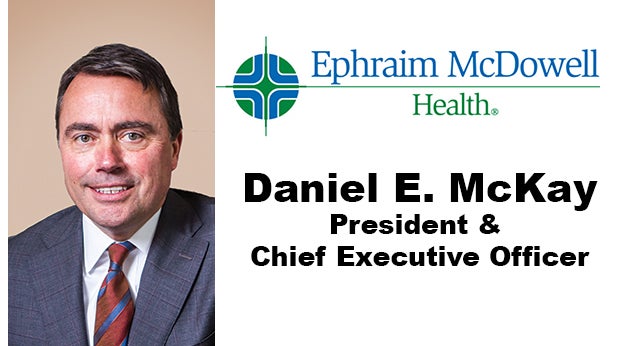Boyle continues positive criminal justice reforms by reducing fee on inmates’ families
Published 5:45 am Wednesday, February 19, 2020
EDITORIAL
The Advocate-Messenger
We are glad to see yet another criminal justice reform step being taken in Boyle County. This time, the Boyle County Fiscal Court is planning to lower its excessive 50% fee on families sending money to inmates in the local jail.
Boyle County Jailer Brian Wofford asked the court to consider cutting the fee in half to 25% and they agreed — unanimously.
As our reporting over the weekend explained, the fee comes out of whatever is put into an inmate’s canteen account, which is used to buy items like additional food or clothes while in the jail. If someone has $100 to give their family member in jail, Boyle County takes $50 before the inmate sees anything. If they can only manage to send $10, Boyle County takes $5. A processing fee that doesn’t come to Boyle County means inmates can actually spend less than half of what their families spend getting the money to them.
If the fiscal court follows through and passes a new ordinance that lowers the fee to 25%, the most important impact will be this: Caring for a loved one in jail will become a little less difficult for families living in poverty.
There may be a financial cost to the change for Boyle County, though officials say it will be mitigated by additional profits made off of the items bought by inmates and possibly even an increase in money sent to inmates because the fee will be less of a deterrent.
But the direct cost is secondary in this case. Even if you can find a net cost to Boyle County by viewing this individual policy change in isolation, there are far greater costs imposed on our community when the criminal justice system puts up barriers to success, rather than serving as a runway to help people who have made mistakes get back off the ground.
The 50% fee harms families who have done nothing wrong and creates a rift between them and the system that has incarcerated their loved ones. It contributes to the financial instability of the people who will likely be helping the inmates when they’re released; and it makes those same people less likely to want to participate in rehabilitative programs offered by the jail or county.
The 50% fee is undeniably a barrier to the core criminal justice goals of rehabilitation and reducing recidivism.
Reducing the fee isn’t the same as eliminating it. But there are financial realities that likely would make elimination very difficult. And Boyle County has had lots of success in addressing drug addiction and criminal justice reform by taking one step at a time. All those single steps can add up over time to truly substantial reforms that are life-changing for hundreds or thousands of people.
It’s also worth considering how this fee reduction could provide a financial boost to rehabilitation and re-entry programming at the jail. If the jail really does see additional profits off inmate spending following the fee reduction, then the jail can get better at giving inmates the training, skills and support they need so that fewer of them return to the jail later. That means people who have been in jail spend more of the rest of their lives as contributing members of society; the families of those people don’t wind up sending money into the jail again in the future; and the jail population is kept lower, meaning taxpayers’ bill is lower, too.
That’s a win-win-win scenario. In an ideal world, would the families of inmates, many of whom are living in poverty, be the funding source for this plan? Probably not. But we have never lived and never will live in an ideal world. In reality, this solution is a big step forward, made for the right reasons, which will create more positive outcomes for years to come.






